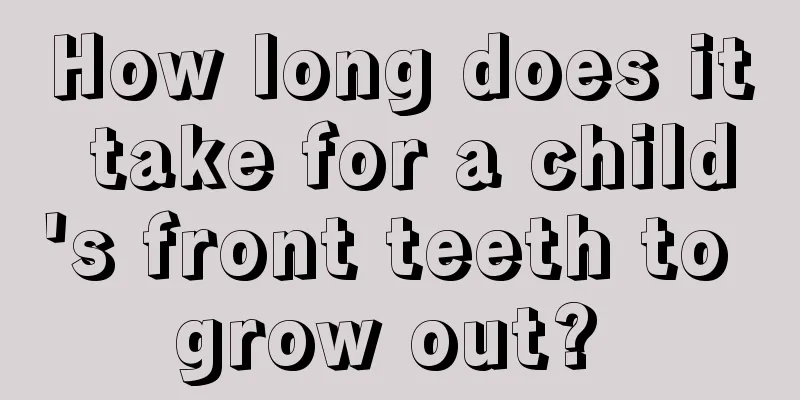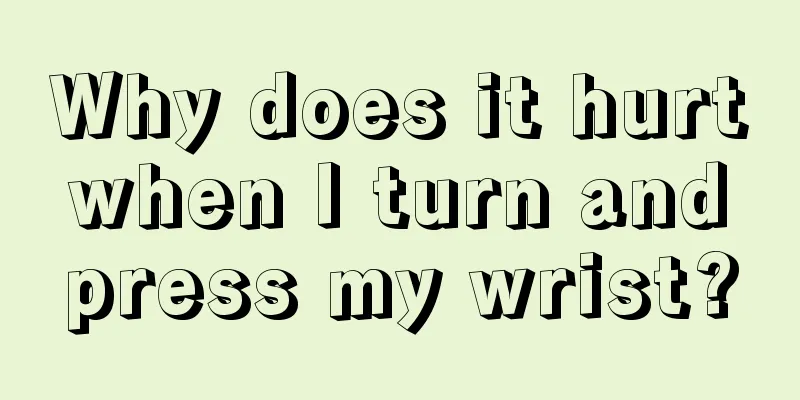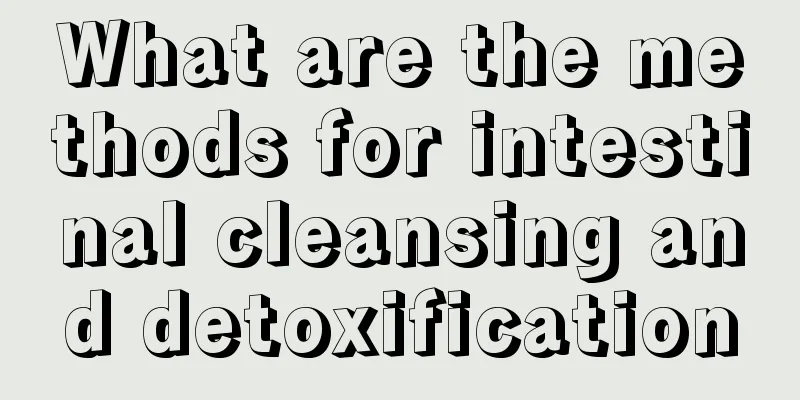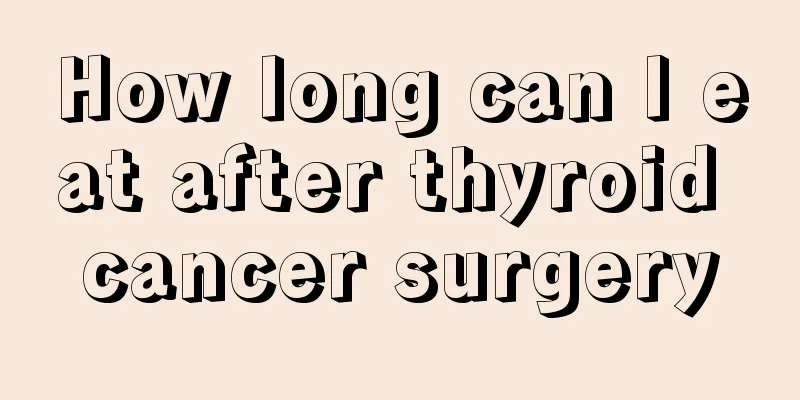How long does it take for a child's front teeth to grow out?

|
As children grow up, parents need to pay more attention to many aspects. For example, there are many things to pay attention to when children are changing their teeth. When the child's teeth are loose, they should be pulled out in time. If the teeth are pulled out too late, it will cause the child's teeth to grow unevenly, especially if the child's front teeth are uneven, which will have a great impact in the future. Generally speaking, how long does it take for the child's front teeth to grow out after they change their teeth? How long does it take for a child's front teeth to grow out? The order and time of tooth growth are different, and generally they can grow out in ten months. The deciduous teeth usually start to erupt 6 months after birth. By the age of 1 year, about 8 teeth have erupted, and all the permanent teeth are in place by 3 weeks. The deciduous teeth fall out one after another between the ages of 6 and 13. The permanent teeth erupt one after another, with the first molars erupting first at the age of 6-7. Most of the permanent teeth are in place at 12-13 years old. The third molar is also called late, and usually erupts at the age of 17-25. Some people may never have their permanent teeth erupt throughout their lives. Precautions for children's tooth replacement 1. Pay attention to the growth of your child’s deciduous teeth and permanent teeth, and see a dentist regularly to detect problems and resolve them early. If parents find that permanent teeth have grown next to the deciduous teeth, but the deciduous teeth have not fallen out, forming a double row of teeth, parents should take their children to the hospital as soon as possible to remove the retained deciduous teeth. In addition, if the gap between the upper incisors is too large, deformed teeth grow from the upper incisors, or an incisor grows from an abnormal position, this means that there may be multiple teeth growing in one place, and you should go to the hospital for treatment. 2. Encourage your children to brush their teeth every day, once in the morning and once in the evening, to prevent tooth decay. Children should use children's special toothpaste and toothbrush to brush their teeth, and brush their teeth correctly, about two to three minutes. In addition to brushing teeth, it is best for children to rinse their mouths after each meal to maintain oral hygiene. 3. During the period of tooth replacement, children should eat more foods with high fiber content and a certain degree of hardness, such as beef, carrots, celery, corn, etc., to maintain stimulation to the deciduous teeth and promote their timely shedding. On the other hand, chewing movements can promote the development of the gums, jaws and facial bones. The food we eat nowadays is too refined and is chewed too little, which leads to insufficient development of the jawbone. As a result, many children do not have enough space after their permanent teeth erupt, and the teeth are crowded and misaligned, affecting their appearance and function. In addition, let your children eat more solid foods, foods low in sucrose, and less snacks. 4. Correct children’s bad habits in time, such as sticking out the tongue, biting the tongue, biting fingers or pencils, licking teeth with the tongue, etc. These bad habits will affect the growth of children’s teeth and cause tooth deformation. 5. Pay special attention to protecting your child’s first permanent molar that grows out around the age of 6. Because the surface of newly erupted teeth is insufficiently calcified, they have poor acid resistance and are prone to decay. Within one year after the eruption of new permanent molars, parents should take their children to the hospital for pit and fissure sealing to prevent them from being decayed. Pit and fissure sealing is the most economical and effective method to prevent dental caries. 6. Take good care of your children and try to prevent tooth loss due to trauma. When a child's tooth falls out due to trauma, in order to find the lost tooth back, if the tooth surface is dirty, immediately rinse off the dirt with clean water, put it in milk or water, and go to the hospital as soon as possible. The lost tooth can be replanted and fixed. |
<<: How much pelvic fluid is normal?
>>: Is it OK for kids to eat before bed?
Recommend
Can lung cancer develop from asthma?
Asthma is a common and frequent respiratory disea...
How to use oxygen bags
Most oxygen bags are still kept at home for use. ...
How to prevent colon cancer in life
In daily life, I don’t know how many people have ...
Can drinking Tieguanyin prevent liver cancer? To prevent liver cancer, you should eat like this
According to statistics from relevant departments...
Can I take a shower immediately after sweating?
We often sweat a lot after exercise. Sweating can...
How can I improve the drowsiness symptoms of liver cancer? Liver cancer patients can improve their drowsiness symptoms in this way
Liver cancer patients will experience a series of...
What should I eat to treat my dark yellow skin after giving birth
For many women, dark skin often appears after giv...
What is the reason for the dull pain under the left ribs?
The common cause of pain under the left ribs in w...
How is antisocial personality formed
The formation of antisocial personality may be re...
Do the fetal heartbeat and embryo bud appear together?
Fetal heart rate and fetal bud are two characteri...
Nutritional recipes for patients with gastric tube insertion
Patients with gastric intubation cannot eat or dr...
Breaststroke during lumbar protrusion period
As you can tell from the name, breaststroke is sw...
Six warning signs of gastrointestinal problems
The following "warning signs" are signs...
Is liver cancer contagious in the later stages?
Liver cancer is not contagious. According to surv...
The risk of colon cancer caused by factors such as smoking, drinking and obesity is higher for women
Colon cancer is caused by high animal fat, animal...









